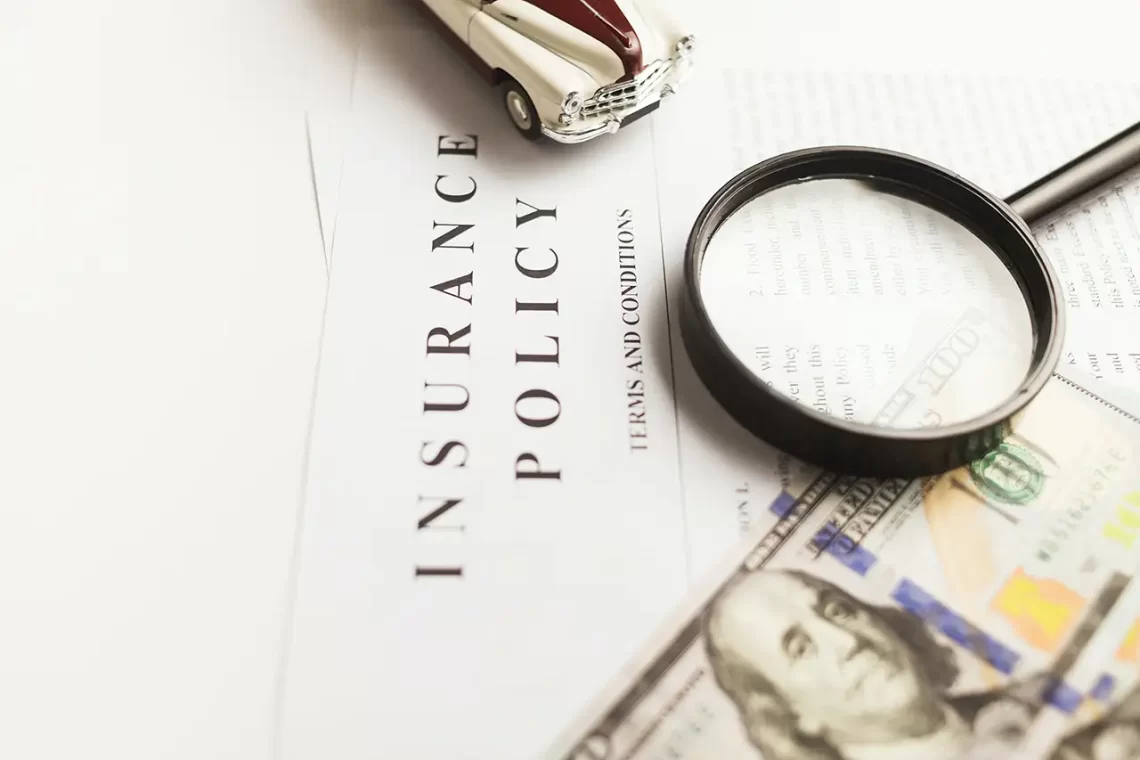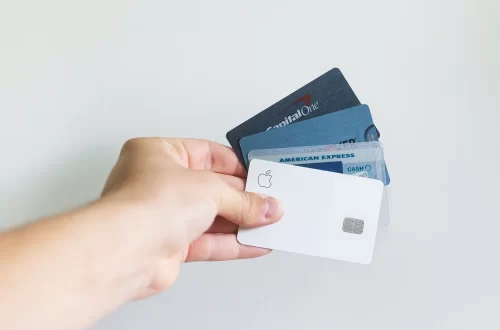
How to Save Money on Car Insurance
Car insurance is a necessary expense, but it doesn’t have to break the bank. Here are some ways you can lower your car insurance premium and save money:
Talk to Your Insurance Agent
If you’re looking to save on your car insurance premium, talking to your insurance agent can be a great starting point. Your insurance agent is there to help you understand the different coverage options available and find the best policy for your needs and budget. By having an open and honest conversation with your agent, you can make sure you are getting the best coverage at the most affordable price.
In your conversation with your insurance agent, it’s important to be clear about your budget and what you’re looking for in terms of coverage. If you have a safe driving record and a good credit score, you may be eligible for a discount. Your agent can help you determine if you are eligible for discounts based on these factors, as well as any other discounts you may qualify for.
You can also ask your insurance agent about different coverage options that may be available. For example, if you drive an older car, you may not need as much coverage as someone who drives a newer, more expensive car. By lowering your coverage, you may be able to reduce your monthly premium.
It’s also a good idea to review your coverage every year to make sure it still meets your needs. Your insurance agent can help you determine if your coverage is still adequate, or if it’s time to adjust your policy.
Shop Around
Another important step in finding the best car insurance rates is to compare quotes from different insurers. Get quotes from several companies, and make sure you’re comparing similar coverage levels and deductibles. You can easily compare quotes online, but keep in mind that the cheapest quote may not always be the best deal.
Choose a Higher Deductible
One strategy for reducing your car insurance premium is to increase your deductible. A deductible is the amount you pay out of pocket before your insurance coverage kicks in. By opting for a higher deductible, you lower your monthly premium, but increase the amount you would have to pay in the event of an accident.
It’s important to weigh the potential savings against the potential risks before making a decision. A higher deductible means you are taking on more financial responsibility in the event of an accident, so you need to be prepared to pay that amount.
Your income and the value of your car should be considered when deciding on a deductible. If you have a limited income and a low-value car, it may not make sense to opt for a high deductible because you may not be able to afford the out-of-pocket expenses in the event of an accident. On the other hand, if you have a higher income, a higher deductible may be a more affordable option.
It’s always a good idea to talk to your insurance agent about your options and to get their professional opinion. They will be able to help you determine the right deductible for your individual circumstances and guide you towards the best choice for you.
Don’t Over-Insure
Having too much car insurance coverage, also known as being “over-insured,” means you’re paying for insurance coverage that you don’t actually need. In other words, you may have coverage limits that are higher than the actual value of your car. This results in higher insurance premiums, which can add up over time.
Here are some ways to reduce your premium by being mindful of your coverage limits:
- Review Your Coverage Limits: Take a look at your current insurance policy to see if your coverage limits are appropriate for your car’s value. If your car is an older model, it may not be worth as much as your insurance coverage limits suggest.
- Re-assess the Car’s Value: Get an estimate of your car’s value from a trusted source such as the Kelley Blue Book. This will give you a more accurate idea of how much coverage you actually need.
- Reduce Coverage Limits if Necessary: If your coverage limits are higher than your car’s value, consider reducing your coverage limits to match the value of your car. This will lower your insurance premium, and you’ll still have adequate coverage for your car.
If your car has a low value and you are a safe driver, it may not make sense to carry comprehensive or collision coverage, which pays for damage to your car in case of an accident. Instead, you can opt for liability coverage, which pays for damages or injuries you cause to others while driving. Calculate the money you save on your premium and save that amount in a savings account each time your premium is due. When the time comes to repair or replace your car, you’ll have some money already saved.
By being mindful of your insurance coverage and taking these steps, you can reduce your insurance premium and save money in the long run. However, it’s important to have enough insurance coverage to protect your assets in case of an accident, so make sure you have the right balance of coverage and cost.
Bundle Policies
If you have other insurance policies, such as home insurance or life insurance, consider bundling them with your car insurance. Many insurance companies offer discounts for bundling policies, and you’ll have the convenience of having all your insurance policies under one roof.
Drive Safely
Your driving record plays a big role in determining your car insurance rate. If you have a good driving record, you’ll likely get a better rate. So, drive safely, obey traffic laws, and avoid accidents and tickets.
Consider Your Car
The type of car you drive can also affect your insurance premium. Sports cars and luxury vehicles generally have higher insurance rates, while cars with safety features, such as airbags and anti-lock brakes, may have lower rates. When choosing a car, consider the cost of insurance in addition to the purchase price.
By following these tips, you can save money on your car insurance premium while still getting the coverage you need. Don’t be afraid to ask your insurance agent about discounts or promotions, and don’t hesitate to switch insurance companies if you find a better deal.






